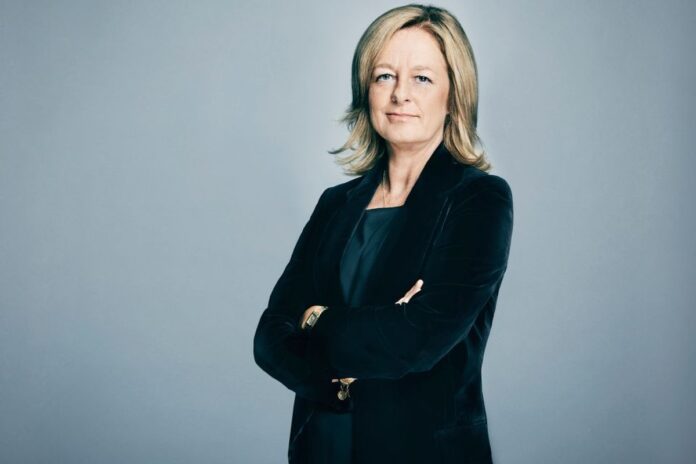Conflict drives dramatic surge in security budgets
Nordic telecom operator Telia’s quarterly core earnings have defied market expectations according to Reuters, which uses hindsight wisdom to identify that lower costs have resulted from streamlining the business. The company, however, explained its unexpectedly high earnings differently. It backed its full-year outlook and said it expects a surge in demand for secure communications in the face of international tensions. In addition, war has made governments across the region raise defence budgets and public companies are looking to tighten security. Comms service providers could be the beneficiaries.
Security budgets up
The conflict in Ukraine has helped Telia. It forced Sweden and Finland to examine their longstanding military neutrality and consider joining NATO. As a result they beefed up their defence budgets. Western governments have warned about the threat of increased malicious cyber activity by Russia against critical infrastructure as a response to sanctions imposed over its actions in Ukraine.
Nice earner
War is great for telecoms earnings, it seems. Comparable net sales rose by 2.1% in the quarter. “The government is a very important customer to us in all our markets… as they have more funding available, we would hope to be able to take advantage of that,” said Telia CO Allison Kirkby. The mobile network operator (MNO) runs networks in the Nordics and the Baltics and unveiled plans last year to slash cost through to 2025. These included staff cuts, asset divesting and operation streamlining to spur growth.
Opex savings
Savings in the first quarter amounted to 200 million crowns (roughly €19 million) and Telia is on track for 2 billion (€191.4 million) savings by the end of 2023, Kirkby said. Operational expenses in the quarter fell 3%, which is quite an achievement in the face of high inflation. The company’s first-quarter adjusted EBITDA (earnings before interest, tax, depreciation and amortisation) rose 0.3% to 7.20 billion Swedish crowns ($734 million or €689 million) from a year earlier, beating the mean forecast of 7.04 billion crowns (€674 million), according to estimates by data analyst Refinitiv.


